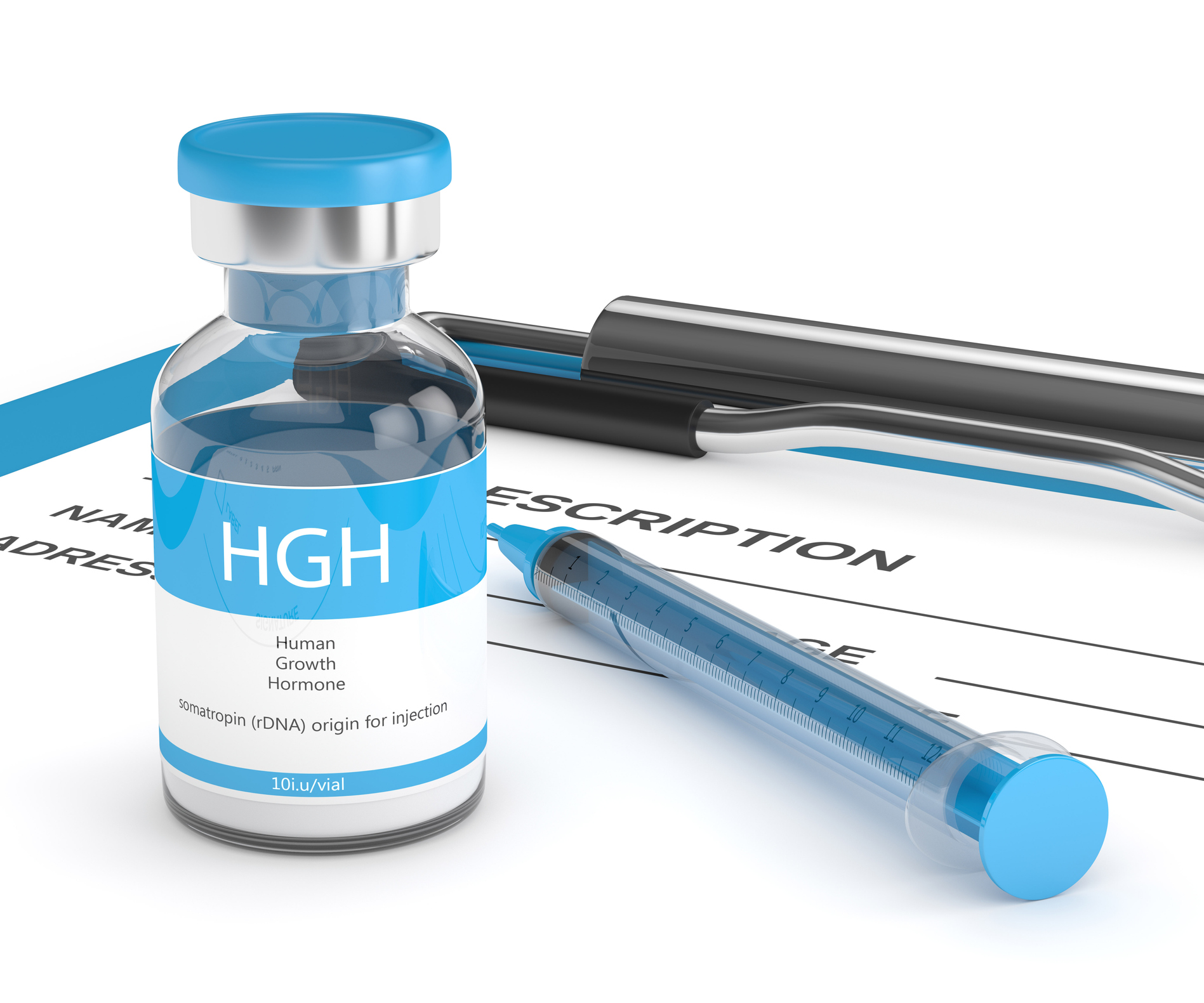Tips for balancing your hormones through nutrition

You have a hormonal imbalance when there is too much or too little of one or more of your hormones. Hormones are chemical messengers that carry out several tasks within the body. For example, they are released into your bloodstream with messages for your muscles, skin, organs and other tissues. These messages are the instructions that your organs and other tissues need before they can do their jobs. These hormones need to be balanced, but if they are not, you may be able to balance them with the foods you eat.
The Body’s Main Hormones
Estrogen
Estrogen is the female sex hormone, so it is vital in women’s reproductive and sexual processes. Women need estrogen for the proper functioning of their menstrual cycles, pregnancy and menopause. During puberty, estrogen causes girls to develop secondary sex characteristics, such as fat distribution around the hips and breasts, growth of the reproductive organs, menstruation, pubic and underarm hair, and breast development.
Although estrogen is very important to many functions for women, men also produce and need estrogen. Estrogen takes part in the ability to obtain an erection and the process of making sperm. It is also important to a man’s sex drive. If a man’s body does not produce enough estrogen, his sex drive will be low. If his body produces too much estrogen, he experiences erectile dysfunction and may have issues with infertility. Men with excess estrogen may also have enlarged breasts.
Estrogen also has a role in many other bodily functions. For example, estrogen also affects the following:
• Your ability to focus
• The production of collagen and moisture in the skin
• Muscle mass and bone mass
• Blood sugar levels
• Cholesterol levels
Testosterone
Testosterone is the male sex hormone, and it does for men what estrogen does for women. It is responsible for managing a man’s reproductive system and maintaining his sex drive and erections. During puberty, testosterone causes boys to develop male secondary sex characteristics, such as increased muscle growth, a deep voice and facial hair. Testosterone also causes a boy’s bones to become strong and supports tissue growth during puberty.
Testosterone is also important to women. It helps maintain the density of women’s bones and causes a woman to have a libido, sexual responses and sexual arousal. It is also implicated in a woman’s bone and muscle health and helps maintain her energy levels and mood. Believe it or not, women also need testosterone during their menstrual cycles to prevent issues with infertility.
Human Growth Hormone or HGH
HGH is extremely important to overall health and plays a major role in growth, muscle strength, bone density and overall body maintenance. Discover the other HGH benefits for the body.
Cortisol
Cortisol is an “essential hormone,” and it works in most of the tissues and organs in the body. For example, cortisol does the following:
• Controls the sleep-wake cycle
• Regulates the blood sugar
• Suppresses inflammation
• Helps control how your body uses proteins, fats and carbohydrates
• Regulates the body’s response to stress
Thyroid Hormones
Thyroid hormones regulate the rate at which the body expends energy. They also speed up your heart rate or slow it down when necessary. Thyroid hormones also lower or increase your body temperature. They cause food to travel through your digestive tract at a faster speed or a slower speed. Thyroid hormones affect how the brain develops and are also in charge of how your muscles contract. Lastly, thyroid hormones manage bone and skin maintenance by controlling the body’s rate of replacing dying cells.
Can You Disrupt Your Hormonal Balance Through Poor Dietary Choices?
Yes, poor dietary choices disrupt hormonal balance because some foods cause hormone production to increase or decrease and interrupt how these hormones are regulated. This can cause your hormones to be imbalanced.
Iodine for Thyroid Hormones
Iodine is a mineral that assists the thyroid gland in producing hormones. If you have low levels of iodine in your system, your thyroid cannot produce sufficient amounts of the hormones your body needs. This is known as “hypothyroidism.” If this is true for you, your medical provider may prescribe supplements to increase your iodine levels.
Magnesium for Cortisol
When you experience chronic stress, cortisol levels remain high for a long period. Several studies demonstrated that increasing your magnesium intake reduces cortisol and the symptoms that this creates.
Arginine for HGH
Arginine is an amino acid that increases HGH. Several studies demonstrated that arginine may increase HGH, but you must consult your healthcare provider before you decide to increase your arginine intake.
Zinc for Testosterone
This essential dietary mineral, known as “zinc,” may result in low testosterone when it is at low levels. Some studies showed that an increase in the consumption of zinc has the effect of increasing testosterone levels in men with hypogonadism or low testosterone.
Fatty Fish for Estrogen
Examples of fatty fish are salmon and mackerel, which have high omega-3 fatty acids. These fatty acids balance your estrogen levels if they are too high.
At Nexel Medical, we treat hormonal imbalances with growth hormone therapy. The benefits you may receive include improved cognition, decreased fat, particularly in the belly, healthy skin, improved bone health, increased muscle mass, improved sleep and increased energy. If you want to see the benefits listed above, contact us for a consultation today.

